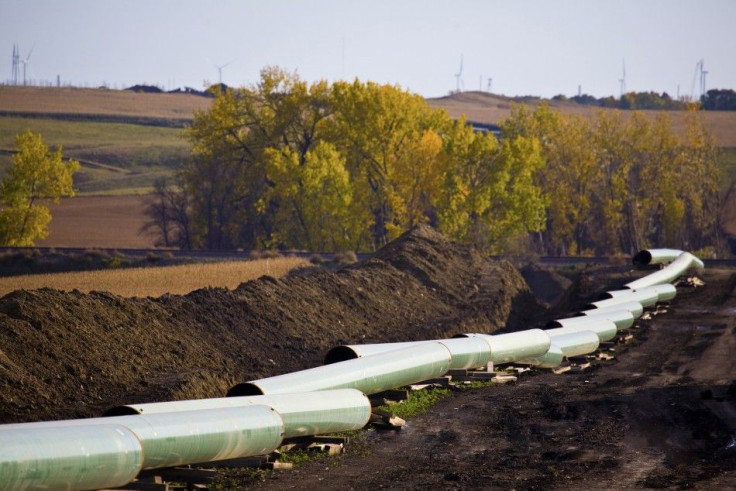White House Backs Part of Keystone XL Pipeline

White House officials Monday welcomed plans by TransCanada to reapply for the Keystone XL pipeline and showed support for the Canadian company's aims to build the southern portion of the controversial pipeline as a standalone project.
Earlier Monday, TransCanada announced it was ready to resubmit its permit application for the Keystone XL Pipeline from Alberta to Nebraska. As part of its renewed submission, company officials proposed building the southernmost portion of the pipeline, from Oklahoma to theTexas Gulf Coast, as a standalone project.
The standalone project is estimated to cost $2.3 billion and could be operational by late 2013, TransCanada said.
White House Press Secretary Jay Carney announced President Barack Obama's support for the separate project.
As the president made clear in January, we support the company's interest in proceeding with this project, which will help address the bottleneck of oil in Cushing [Okla.] that has resulted in large part from increased domestic oil production, currently at an eight- year high, Carney said. Moving oil from the Midwest to the world-class, state-of-the-art refineries on the Gulf Coast will modernize our infrastructure, create jobs and encourage American energy production.
Rising crude production in the U.S. has created an excess supply traveling by pipeline through the major junction point of Cushing, before it reaches refineries and makes its way into domestic markets. A pipeline stretching from Oklahoma to the Gulf would help increase the flow of oil and reduce the bottleneck.
The de facto stamp of approval from the White House came after congressional Republicans last month blasted the president for his earlier outright denial of a construction waiver. The president at the time maintained he denied TransCanada's permit because Republicans were forcing him to make a decision within a deadline.
Opponents of the pipeline maintain the country does not need the Canadian crude oil that comes from Alberta tar sands, while proponents hail the project as essential in ensuring the country's lasting security and energy needs.
Environmentalists praised the president's move, while industry players and trade groups claimed Obama bowed to political pressure from opponents.
Once completed, the pipeline in its entirety will deliver approximately 1.1 million barrels per day of Canadian crude oil to U.S. markets each day.
Shares of TransCanada rose 39 cents to $42.42, valuing the Calgary pipeline operator at $19.51 billion.
© Copyright IBTimes 2025. All rights reserved.





















